Knowledge is becoming an important asset in information technology for the following two main reasons: From the one hand, the web, and the semantic web, made available a huge amount of content data, under a multitude of forms spamming from completely unstructured (i.e., with no explicit semantics) information like natural language text, images, video, to well structured data (i.e., with explicit semantic) like, databases, linked data, RDF repositories and ontologies. On the other hand, the increased level of complexity, sophistication, and pervasiveness of the information technology in our everyday life, imposes to have flexible applications capable to smoothly adapt to many possible unpredicted situations. The consequence of this is that more and more applications require an explicit, and as much complete as possible, representation of “the world” in which they are suppose to operate. Such a representation should be machine understandable and will constitute the “store of meanings” to be attached to the object manipulated by the application. The core research of the DKM unit is on knowledge representation, knowledge integration and reasoning, However, to apply the developed methodologies, we dedicate a substantial effort in developing techniques for the acquisition of knowledge about complex domains from electronic resources and from humans. Fondazione Bruno Kessler, through DKM unit, is active member of the International Association of Ontology and its Application.
Knowledge Elicitation and Modeling
The development of high quality declarative models such as ontologies (or knowledge bases) and business process diagrams is a strategic area for practical applications of Knowledge Management.
The DKM research unit has a solid background in the development of logical formalisms for the representation of different forms of knowledge.
The objective of this activity is twofold. On the one hand we apply existing approach/methodology/tool made available in the semantic web to the projects we are involved in. On the other hand we will develop innovative services if those are not available to the state of the art.
